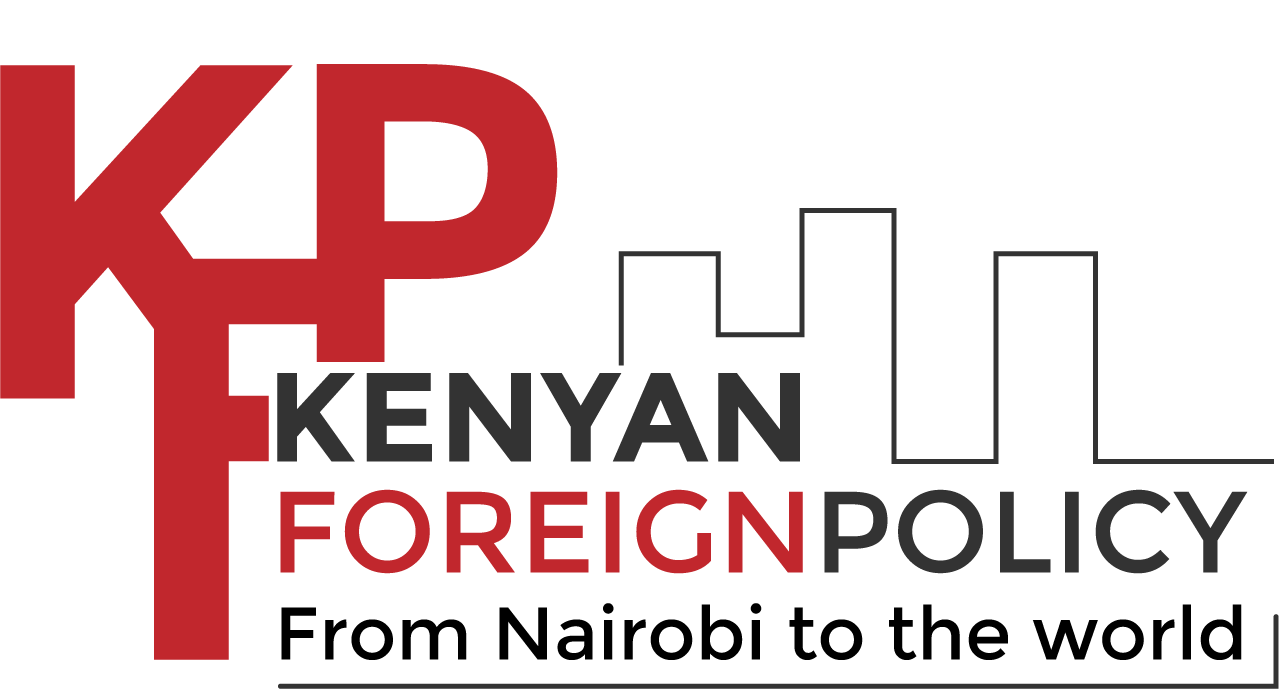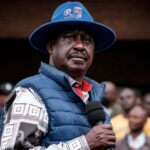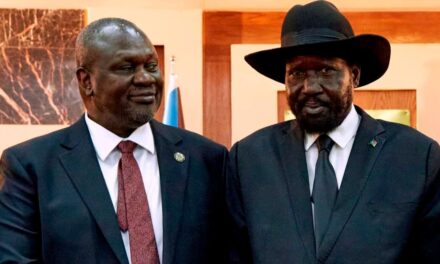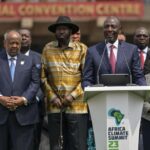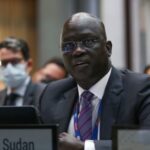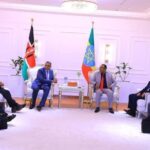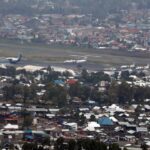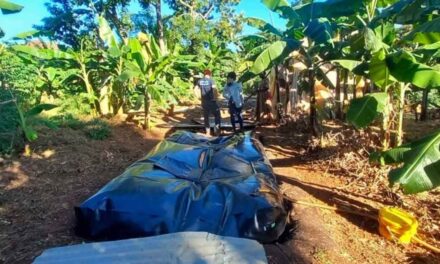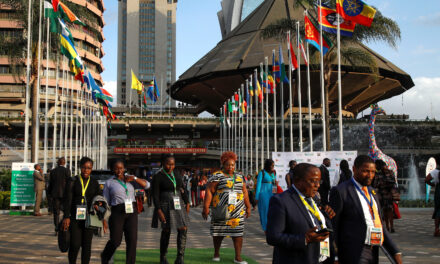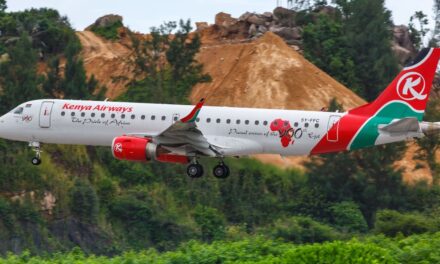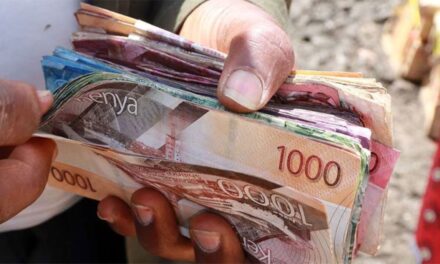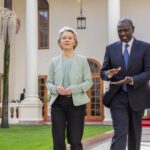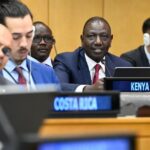
Israeli Foreign Minister’s Visit to Kenya Amid AU Summit Sparks Controversy and Speculation
Posted by KFP Editor | Jul 16, 2023 | 'CONTENTIOUS VISIT'


The Israeli Foreign Minister, Eli Cohen, paid a visit to Nairobi, Kenya on Sunday, following an invitation from Kenyan President William Ruto.
The timing of the visit, which coincided with the African Union (AU) mid-year summit, raised eyebrows and sparked speculation about the purpose and implications of Cohen’s presence.
The AU summit, attended by seven African leaders, focused on critical discussions regarding institutional reforms and the integration of the continent. While the summit was underway, Cohen’s arrival in Nairobi added a new dimension to the already significant gathering of African leaders.
During his brief visit, Cohen held meetings with President Ruto to discuss bilateral issues. He also met with other African leaders whose identities were not disclosed.
However, there is uncertainty surrounding whether the Israeli Foreign Minister attended the AU summit.
Asked about this visit and whether Cohen attended the meeting- Ebba Kalondo, the spokesperson of the African Union Commission chairperson told KFP that the summit held in Nairobi was open only to AU member states and invited partners.
She added that “any visits that the host country may have with its bilateral partners during the same period, is the prerogative of the host country and has nothing to do with the African Union”.
The circumstances surrounding Cohen’s visit have generated controversy and speculation.
The fact that his visit coincided with the AU summit led to questions about the purpose and nature of his discussions with Kenyan officials and other African leaders.
The minister’s visit comes at a time when the continent is divided regarding the issue of observer status for Israel within the African Union. However, Kenya has expressed support for granting Israel observer status within the continental body.
And despite Israel issuing a short statement regarding the visit, Nairobi has remained notably silent on the matter.
The African Union in February this year asked member states to cut scientific or cultural ties with Israel until the Jewish nation stops “colonial” practices against Palestine.
The recommendation was contained in a declaration fronted to member states at the African Union summit in Addis Ababa.
The host of today’s meeting in Nairobi, the Comorian leader Azali Assoumani in an unusually harsh language in February, condemned what he called “the Israeli colonialist practices in the occupied Palestinian territories, discriminating between the Palestinian and Israeli people based on race and religion and privileges over the Palestinian landowners”.
NEUTRALISING IRAN’S INFLUENCE
The visit also sought to neutralise Tehran’s endeavors in the continent and came days after President Raisi of Iran received a State Visit in Nairobi during his African tour, making it clear that this caused unease with Israel which regards Kenya as a strategic partner.
For more than a decade, Israel has been at the forefront of efforts to expose and prevent a potential Iranian nuclear weapon capability. It is thus not surprising that Israel dispatched her top diplomat days after President Raisi visited Nairobi.
Kenya is a member of the UN International Atomic Energy Agency and Israel will most likely leverage the renewed relationship to influence Kenya’s position on Iran’s nuclear power program.
In 2009, former Kenyan President Mwai Kibaki assured Tehran of Kenya’s support for their nuclear ambitions.
KFP hasn’t independently verified if this position remains or changed.
Your support empowers us to deliver quality global journalism. Whether big or small, every contribution is valuable to our mission and readers.
